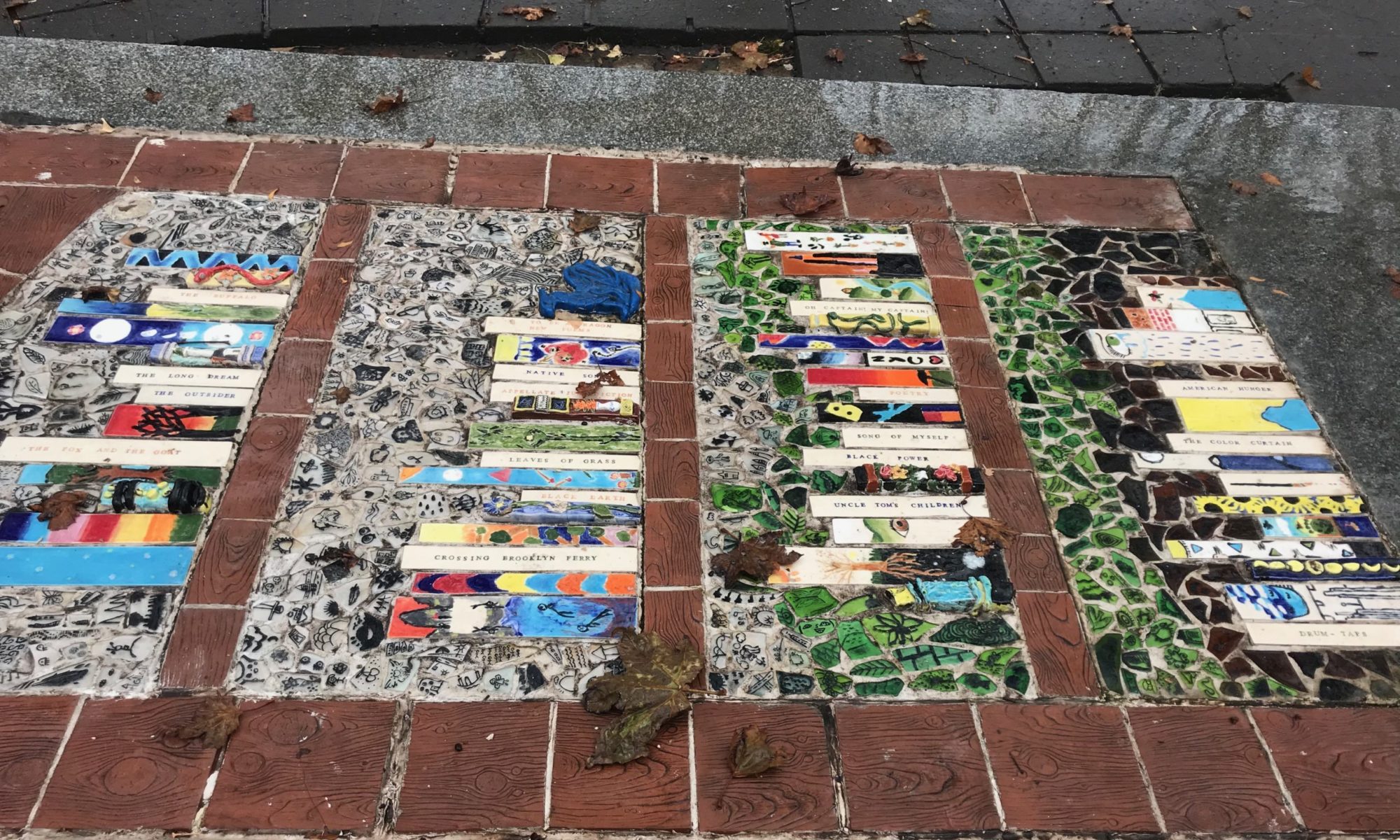We start with this thread, from Megan Francis. Click on the tweet for the whole thread.
– Ida B Wells: 1892 wrote first lynching expose
– NAACP: 1909 argued 1st civil right was protection of black lives & launched massive campaignIf u are trying to understand blk rage; deconstruct ur romantic version of civil rights & sit w/: #BLM struggle is over a CENTURY long
— Megan Ming Francis (@meganfrancis) May 30, 2020
And here is a foloow-up: https://twitter.com/meganfrancis/status/1267210645218504705?s=21
The Medieval Academy of America has shared these resources:
From poet Evie Shockley, we have this contribution:
MLA member Ben Railton, who tweets as @AmericanStudier, teaches at Framingham State, and writes for The Saturday Evening Post, gives us this history of the Tulsa Massacre:
University of Denver:
Inclusive teaching practices require us to engage the wealth of intersecting social identities and positionalities that faculty and students bring to the classroom. Whether face-to-face or online, inclusion must not be an afterthought. Rather, it should permeate every aspect of curriculum and course design, classroom management, and assessment of teaching and learning.
Through this site, we invite you to advance your praxis, create dynamic courses, remove barriers to learning, and dismantle oppressive practices by implementing inclusive pedagogies. Explore critical diversity considerations that shape higher education in real-time, read academic articles, visit suggested websites, and watch recommended TED talks and videos.
